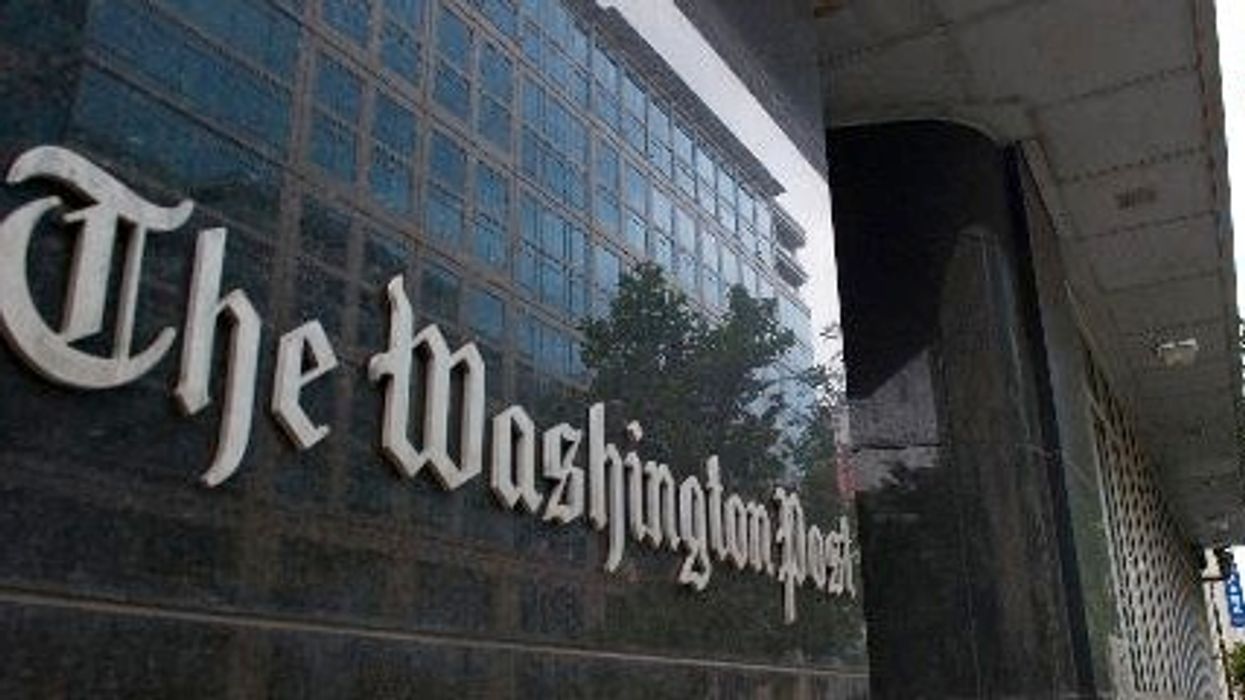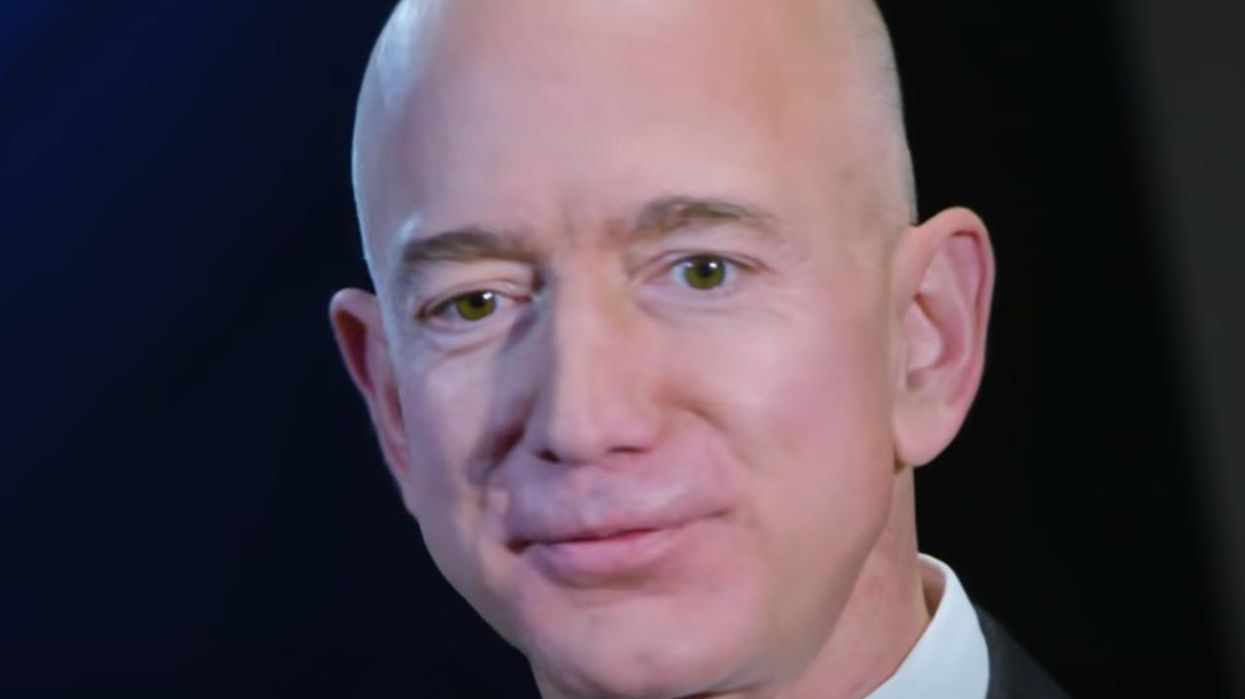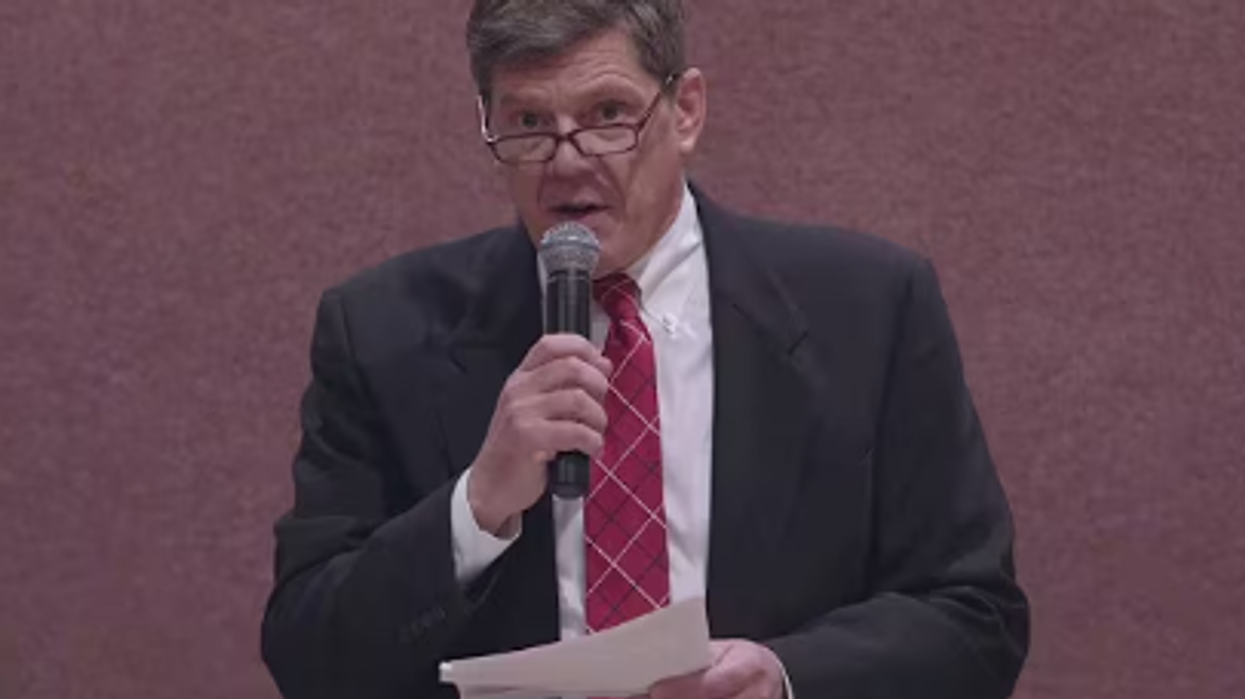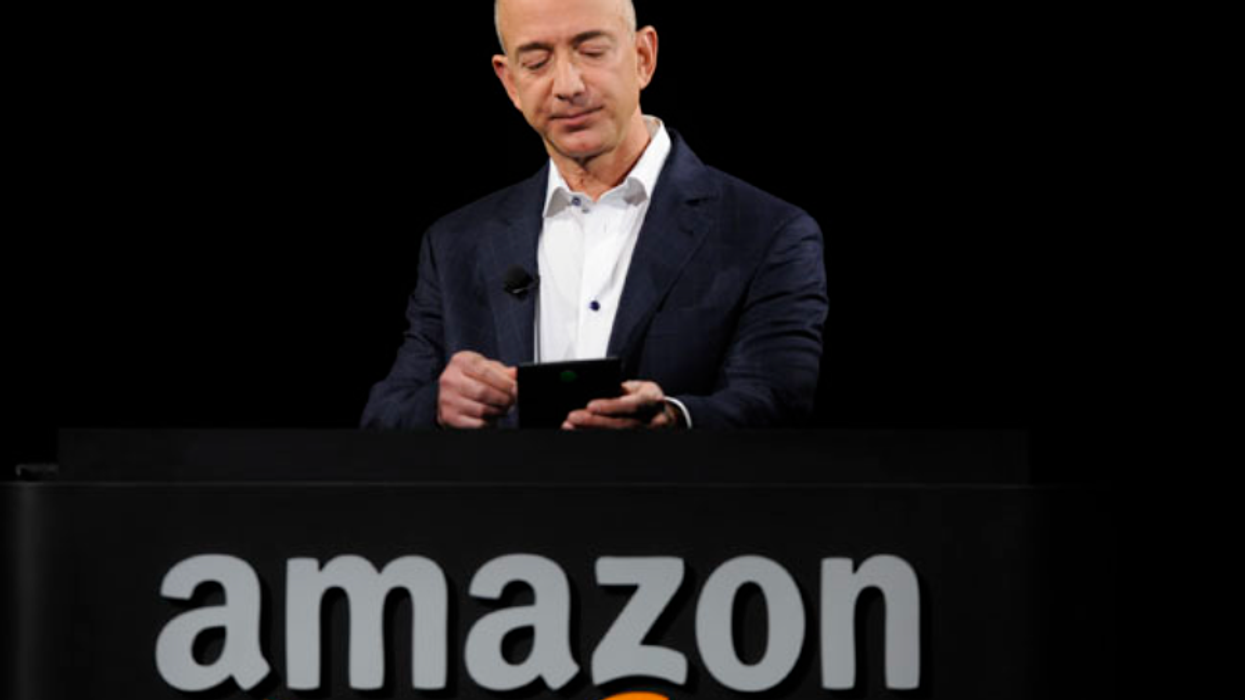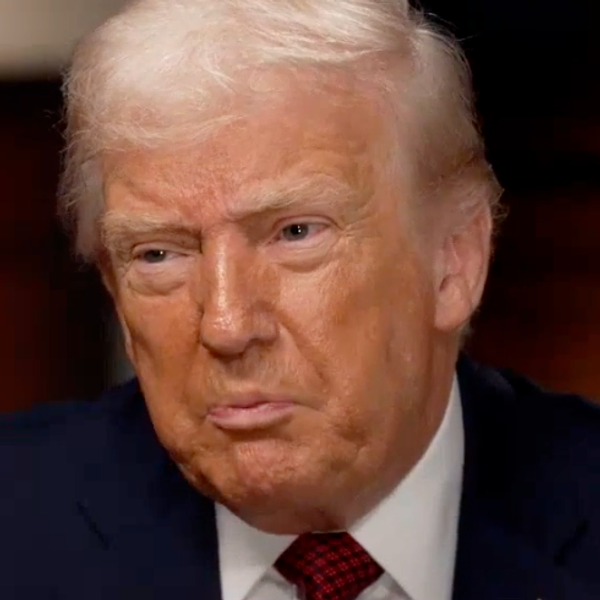The Media's Rich Owners Want Generations To Fight Each Other -- Not Classes
The idea of generational warfare is pernicious tripe. It gets pushed endlessly in the media because rich people would rather see kids lashing out at their parents than at them. And since the rich own the media, we hear a lot about generational inequality. Jeff Bezos’ Washington Post gave us the latest effort at generational warmongering.
Just to give some basic facts that are not in dispute, the country is getting richer year by year. Using the projections from the Social Security Trustees, per capital income is projected to be 15.4 percent higher in 2035, 32.6 percent higher in 2045, and 54.3 percent higher in 2055, when virtually all the baby boomers will be dead.
Since the baby boomers are for the most part not going to be partaking in these higher levels of consumption, who do the generational warriors think will be getting this income? It’s worth mentioning that these could prove to be very conservative projections of income growth. If AI has anywhere near the impact its proponents are claiming, per capita income will grow by far more than the Social Security trustees are projecting.
Given the indisputable fact that the country is getting richer, how can there be a story where Gen Xers, Millennials, and Gen Zers will be poorer on average than baby boomers? There is a story where generations can do worse through time, but that would be a story of within-generation inequality, not between-generations inequality.
The problem is not greedy boomers, but rather ridiculously rich people like Elon Musk, Jeff Bezos, and Mark Zuckerberg hoarding the country’s wealth for their own use and the use of their heirs. People are less likely to see that story because these super-rich people are the ones who own the major media outlets and social media platforms, but that is reality.
Given these simple and undeniable facts, it is striking how often we see this generational inequality nonsense. As is the case with this Post piece, they often push outright lies to make their case. For example, this piece tells readers:
“’Baby boomers “entered the labor force during decades of strong economic growth, rising productivity and relatively high real wages,’ Mitchell said. They were in their prime earning and saving years during long bull markets, namely in the 1980s and ’90s, she said, as well as the economic recovery that followed the Great Recession.” ….
“And ‘particularly for middle-income workers, real wage gains since the 2000s have been modest, compared to the robust wage growth that boomers benefited from mid-career,’ Mitchell said.” [Prof. Olivia Mitchell, who teaches business economics and public policy at the University of Pennsylvania’s Wharton School.]
“Post-World War II, ‘you had this tremendous boom that many got to ride for a very long period of time,’ Ney said.” [Jeremy Ney, a professor at Columbia University’s business school.]
This turns reality on its head. As I wrote in a piece last month:
“There was in fact a golden age, but it predated the entry of most boomers into the labor market. The economy experienced a period of low unemployment and rapid real wage growth, which was widely shared, from 1947 to 1973. At the endpoint of this boom period, the oldest boomers were 27, and the youngest were 9.
“After 1973, the economy took a sharp turn for the worst. The most immediate cause was the Arab oil embargo, which sent oil prices soaring. The economy at that time was far more dependent on oil than is the case today. Soaring oil prices sent inflation higher, which prompted the Fed to bring on severe recessions, first in 74-75 and then again in 1980-82.
“The full story is more complicated and highly contested, but what happened to the economy is not. We had a period of far higher unemployment and stagnant real wage growth that lasted until the mid-1990s. The median real wage in 1996 was actually 4.4 percent lower than it had been in 1973.
“The average unemployment rate for people between the ages of 20-24 over the years 1973 to 1988 (when the last boomer hit 24) was 11.3 percent. By comparison, it averaged 7.2 percent over the last decade, although it has been rising rapidly in 2025.”
After stagnating for two decades, the median real wage has been rising modestly for the last three decades.
Finally, the piece includes this inadvertently damning comment for the argument it is trying to push on readers.
“’In 1940 there was a 90 percent chance that you were going to earn more than your parents. To somebody born today, it is just a coin flip,’ Ney said.”
Since average income has risen consistently over the last seventy years and is universally projected to continue to rise (barring a climate disaster), the only reason why most workers won’t earn more than their parents would be a further rise in inequality. In other words, more money going to people like Washington Post owner Jeff Bezos and less money going to ordinary workers.
If there is not a further increase in inequality, then most workers in ten or twenty years will be earning considerably more than do workers today. That is irrefutable logic, which apparently has no place in the Washington Post.
Dean Baker is a senior economist at the Center for Economic and Policy Research and the author of the 2016 book Rigged: How Globalization and the Rules of the Modern Economy Were Structured to Make the Rich Richer. Please consider subscribing to his Substack.
Reprinted with permission from Dean Baker.

